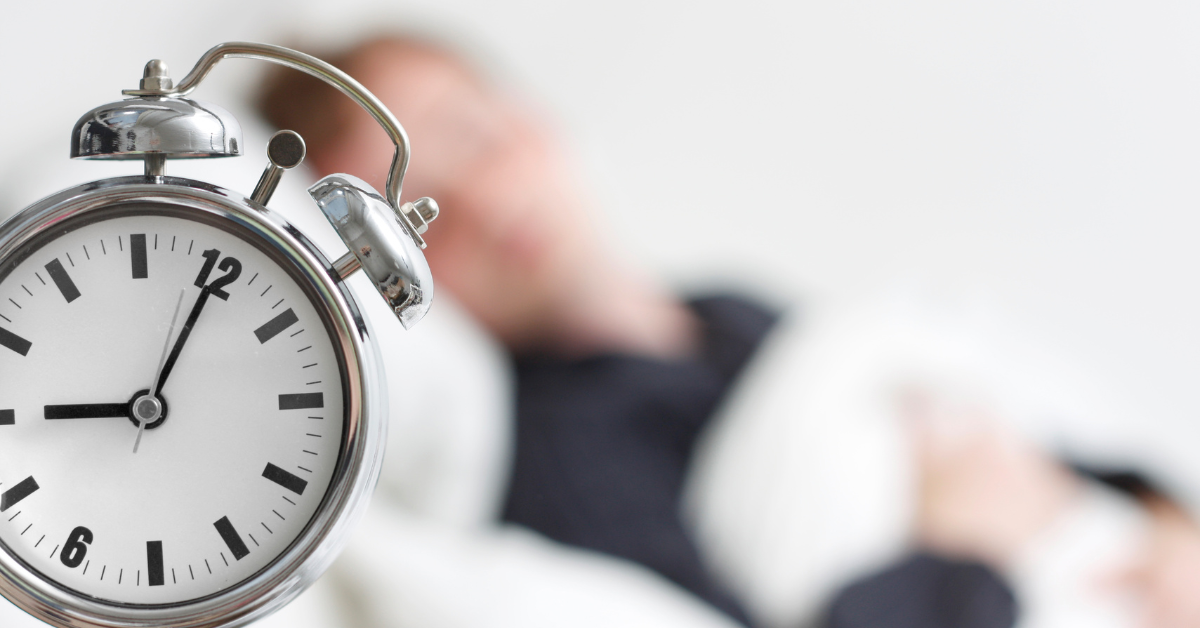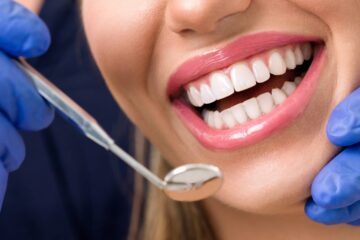Nearly 10 million people have transformed their smiles using Invisalign, and while most experience a seamless journey, you may be among those who encounter a peculiar issue: your aligners falling out during sleep. You’re diligent with your routine, keeping them in for the recommended 22 hours a day, but night after night, you find your Invisalign beside you on the pillow rather than securely in your mouth.
This could be a sign that the fit isn’t quite right, or perhaps your mouth relaxes differently than expected while you’re asleep. You might wonder if you’re unconsciously doing something in your sleep that could affect the treatment’s efficacy. As you consider the snugness of your current aligners and your night-time habits, you’ll want to uncover why this is happening and what it means for the health of your teeth and the progress of your treatment.
Stay tuned as we explore potential causes and solutions for this unsettling occurrence, ensuring that your path to a perfect smile remains on track.
Key Takeaways
– Muscle relaxation during sleep can cause Invisalign aligners to become loose or dislodged.
– Sleep apnea can contribute to increased muscle relaxation in the throat and mouth, further increasing the risk of aligners falling out.
– Regular retention checks are necessary to ensure optimal performance of aligners.
– Sleep grinding or clenching, as well as pillow pressure, can exert force on aligners and cause them to loosen or pop out.
Understanding Mouth Relaxation
When you sleep, your muscles, including those in your mouth, relax naturally, sometimes leading to the loosening of dental appliances like Invisalign aligners. This muscle relaxation is pivotal to understanding why your Invisalign may fall out during sleep. The jaw anatomy is designed in such a way that, when at rest, the lower jaw—the mandible—may fall open slightly, reducing the pressure that holds the aligners firmly against your teeth.
Moreover, if you’re experiencing sleep apnea, a condition characterised by periodic cessation of breathing during sleep, you might also experience more pronounced relaxation of the muscles in the throat and mouth. This can further contribute to the risk of your Invisalign aligners becoming loose or dislodging.
It’s crucial to ensure that your aligners fit snugly before bedtime. Proper fitting is essential not only to keep the aligners in place but also to ensure the continuation of the orthodontic treatment process during sleep. If your aligners consistently fall out at night, consult your orthodontist. They may need to adjust the fit or explore alternative solutions to maintain the progress of your teeth alignment while accommodating your unique jaw anatomy and any sleep-related conditions like sleep apnea.
Assessing Aligner Fit Issues
Understanding the role of muscle relaxation during sleep sets the stage for a critical assessment of why your Invisalign may not be fitting snugly, necessitating a thorough examination of the aligners themselves for any discrepancies in fit. It’s imperative you conduct regular retention checks to ensure your aligners are performing optimally.
During these checks, you’re looking for signs of warping or distortion that could compromise the aligner’s grip on your teeth.
Fit assessments are equally crucial. An aligner must hug each tooth tightly; a perfect fit facilitates the necessary pressure to guide your teeth into their new positions. If you notice gaps between your teeth and the aligners or if the edges are lifting away from the gumline, these are indicators of a suboptimal fit. Such issues can lead to your Invisalign slipping out while you’re unconscious and your facial muscles are at their most relaxed.
Addressing fit issues promptly is essential. It’s not just about keeping the aligners in place during sleep; it’s about ensuring the effectiveness of your orthodontic treatment. Consult with your orthodontist if your aligners persistently fall out. They can provide professional guidance, possibly involving adjustments to your current aligners or the fabrication of new ones.
Recognizing Nighttime Habits
As you drift into slumber, unconscious nighttime habits such as grinding your teeth or clenching your jaw may contribute to the dislodgement of your Invisalign aligners. Sleep grinding, also known as bruxism, exerts significant force on dental appliances, potentially causing them to loosen or pop out entirely.
Understanding Sleep Grinding and Clenching:
– Bruxism can occur during any sleep stage and may go unnoticed without a partner’s observation.
– Chronic jaw clenching results in sustained pressure that can warp the shape of aligners.
– Both conditions are often stress-related and might require intervention from a dental specialist.
Pillow pressure, another less considered factor, may also play a role. If you sleep with your face against the pillow, the aligners might experience uneven forces leading to their displacement.
Assessing Pillow Pressure Impact:
– The position and type of pillow can affect how your jaw and mouth rest.
– Shifting during sleep might increase the pressure exerted on the aligners.
– Choosing a pillow that minimises facial compression could alleviate this issue.
It’s essential to be aware of these habits and their potential impact on your orthodontic treatment. Consulting with your orthodontist can provide strategies to minimise these risks and ensure your Invisalign treatment remains on track.
Importance of Aligner Maintenance
Given the risks associated with nighttime habits, it’s crucial to maintain your Invisalign aligners properly to prevent damage and ensure their effectiveness. Aligner hygiene is paramount; neglect can lead to bacterial buildup, which not only compromises oral health but may also affect the structural integrity of your aligners, reducing their efficacy in maintaining the desired tooth movement.
To uphold optimal hygiene, clean your aligners thoroughly with a soft-bristled toothbrush and clear, unscented soap. Avoid hot water as it can warp the plastic. Rinse them each time you remove them from your mouth, ensuring that saliva and plaque don’t dry onto the aligners.
It’s also essential to use appropriate storage solutions when your aligners aren’t in use. A dedicated, ventilated case protects them from environmental contaminants and accidental damage. Never wrap your aligners in tissue or place them in a napkin, as this increases the risk of them being thrown away or lost.
Seeking Professional Adjustments
Why should you consider seeking professional adjustments if your Invisalign aligners are frequently falling out during sleep? When your aligners aren’t staying in place, it’s often a sign of improper moulding or fit issues that require a dental professional’s attention. Here’s why a dental consultation is crucial:
Ensuring Proper Fit
– Adjusting to Dental Anatomy: Your teeth’s unique structure may necessitate tailored adjustments.
– Preventing Treatment Delays: Ill-fitting aligners can slow down your progress.
– Enhancing Comfort: Properly fitted aligners shouldn’t slip out, ensuring a more comfortable treatment experience.
Assessing Aligner Condition
– Detecting Wear and Tear: Over time, aligners can lose their shape, leading to a poor fit.
– Recommending Replacement: A dentist can determine if a new set is necessary.
– Upkeeping Oral Health: Frequent fallouts may contribute to hygiene issues; your dentist can guide you on the best practices.
Modifying Treatment Plan
– Reviewing Progress: Your dentist can check if your teeth are moving as expected.
– Making Professional Adjustments: Sometimes, small tweaks by your orthodontist can make a big difference.
– Tailoring to Changing Needs: As your treatment progresses, your aligners may need to be updated.
Don’t let improper moulding undermine your Invisalign experience. Prioritise a dental consultation to ensure your aligners are as effective as possible.
Frequently Asked Questions
Can Certain Medications or Health Conditions Contribute to My Invisalign Falling Out During Sleep?
Yes, certain medications can affect saliva production, potentially causing your Invisalign to loosen and fall out during sleep due to reduced adherence. Consult your healthcare provider for tailored advice regarding your situation.
How Might Dietary Choices or Eating Habits Before Bedtime Impact the Retention of My Invisalign Aligners?
Eating hot foods before bed may loosen your aligners, while sticky bedtime snacks could alter their fit. It’s essential to avoid such habits for optimal Invisalign retention during sleep…
Are There Any Sleep Positions or Pillow Types That Can Prevent Invisalign Aligners From Falling Out at Night?
You’ll find that certain sleeping aids and specialised pillows, designed for mouthguard compatibility, can help keep your Invisalign securely in place, preventing them from falling out as you rest. Choose your sleep setup wisely.
Could Stress or Anxiety Be Affecting How My Jaw Behaves at Night, Leading to My Invisalign Becoming Loose?
Stress could indeed impact your nocturnal jaw movements, potentially loosening your Invisalign. Consider integrating jaw exercises or wearing a night guard to mitigate this effect and maintain your aligner’s snug fit.
Is It Possible That the Age or Life Stage of a Patient (E.G., Adolescence, Pregnancy, Menopause) can Influence the Fit and Stability of Invisalign During Sleep?
You’re navigating a complex hormonal sea where fluctuations and growth changes can indeed reshape your oral landscape, potentially altering your Invisalign’s snug harbour during different life stages like adolescence or menopause.
Conclusion
As you sleep, your mouth naturally relaxes, which can impact your Invisalign’s grip. It’s crucial to ensure they’re fitting snugly. If you’re like Sarah, who discovered her aligners popping out at night, it might be a sign of improper maintenance or an indication that your teeth have shifted, requiring professional adjustment.
Stay vigilant with your aligner care routine and consult your orthodontist to keep your treatment on track. Remember, a well-maintained aligner is a well-fitted one.





